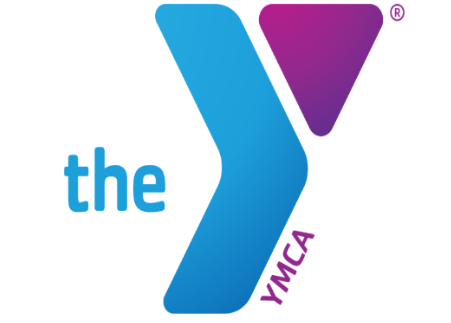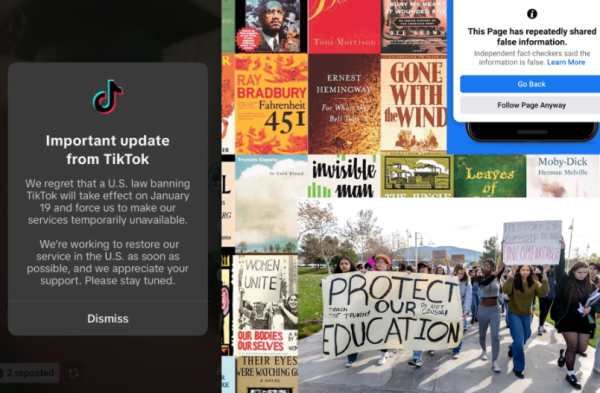Should Students be Allowed to Drink Caffeine?
Caffeine Shouldn’t be Consumed
Caffeine is in a lot of food products like soda, coffee, black tea, energy drinks and much more. These products contain lots of sugar but caffeine should not be overlooked. It is nearly impossible for kids to avoid caffeine but the estimated amount of caffeine intake for ages 12-17 is less than 100 mg per day. Caffeine can have effects on the body and mind that interfere with every aspect of what students need to thrive.
Students are still growing, thriving on consistency with waking and a bedtime routine. Consuming caffeine not only interferes with regular development, it also instigates side effects that may have long-term health consequences if a student also has a health condition, such as high blood pressure, chronic kidney disease, and anxiety disorder. Some short-term side effects of caffeine are anxiety, heart palpitations, high blood pressure, and increased heart rate.
Many students drink caffeine products to stay awake but it hardly affects them because they are still relatively young and their bodies already have enough energy. But once students drink these products it becomes an addiction and they can’t focus without it. I believe that students shouldn’t consume caffeine because their bodies are still too young, and it can lead to serious health problems.






